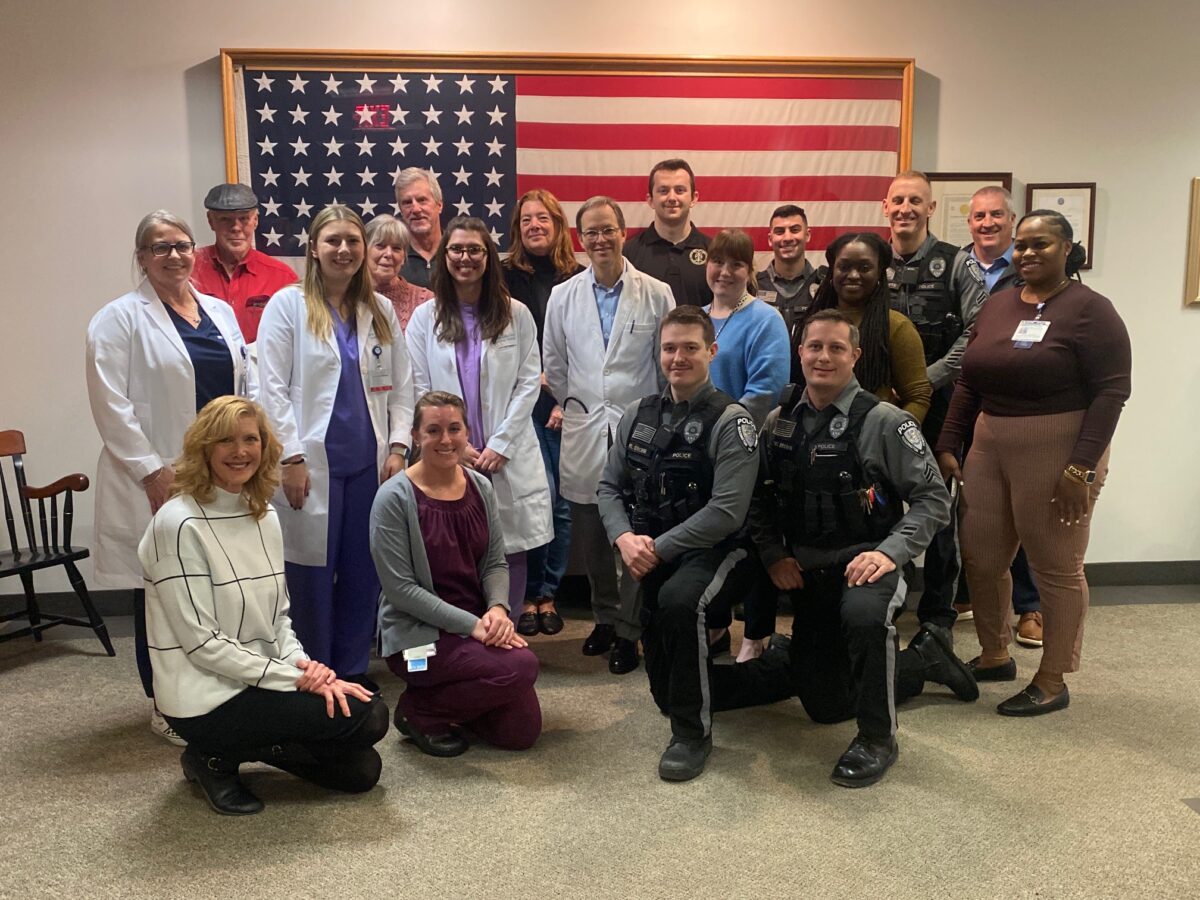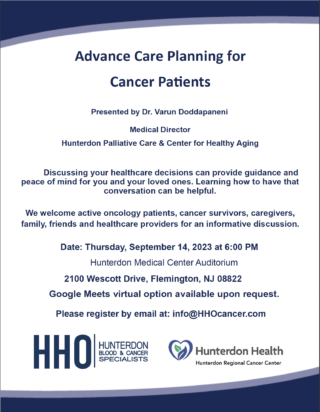Healing Through Stillness: Discover the Power of Meditation for Your Cancer Journey
In our continuous commitment to enhance the well-being and support of our community, Hunterdon Hematology Oncology, in partnership with the Hunterdon Regional Cancer Center and The Elixir Fund, is proud to announce an uplifting event designed to empower oncology patients, cancer survivors, their caregivers, family, and friends. This special gathering will shine a light on the profound benefits of meditation, a practice known for its incredible potential to foster healing, peace, and resilience during the cancer journey.

A Moment of Relaxation and Renewal
Join us on Thursday, April 11, 2024, from 5:30-6:30 PM at the Hunterdon Medical Center Auditorium, located at 2100 Wescott Drive, Flemington, NJ 08822, for an enlightening session with Meg McQuarrie, the Executive Director and Co-Founder of The Elixir Fund. Meg’s insights into meditation for oncology patients are not only inspiring but deeply transformative. This event promises to be an invaluable experience for anyone touched by cancer, offering practical tools and techniques to enhance your quality of life through meditation.
The Healing Power of Meditation
Meditation has long been celebrated for its positive impact on mental and physical health, particularly in the context of oncology care. Research and anecdotal evidence alike underscore its effectiveness in relieving stress, improving sleep quality, and reducing anxiety—crucial factors that can influence the cancer healing process. Our upcoming event is specifically designed to introduce participants to the calming and restorative practices of meditation, including breath work, guided meditation, and a simple Jin Shin Jyutsu exercise. These techniques are simple yet powerful, accessible to everyone, regardless of their experience with meditation.
Why Meditation Matters for Oncology Patients
For individuals facing cancer, the journey can be fraught with uncertainty, fear, and stress. Meditation offers a sanctuary, a moment of stillness, and a technique to regain control over one’s emotional and physical state. It’s not just about finding peace in the present; it’s about equipping oneself with the resilience to face the challenges ahead. This event is a unique opportunity to explore how meditation can complement traditional cancer treatments, providing a holistic approach to health and well-being.
Join Us
We warmly invite all oncology patients, cancer survivors, caregivers, family, and friends to be part of this special evening. Discover how meditation can play a crucial role in your cancer journey or in supporting someone you love through theirs. To ensure your place at this event, please register in advance at https://hhocancer.com/event-registration. If you have any questions or need further information, feel free to reach out to us via email at info@hhocancer.com.
In embracing meditation, we open ourselves to a world of peace, healing, and strength. Let us come together to learn, experience, and embark on a journey of rejuvenation and self-discovery. We look forward to welcoming you to an evening that promises not just learning, but a step toward a more serene and empowered life.













